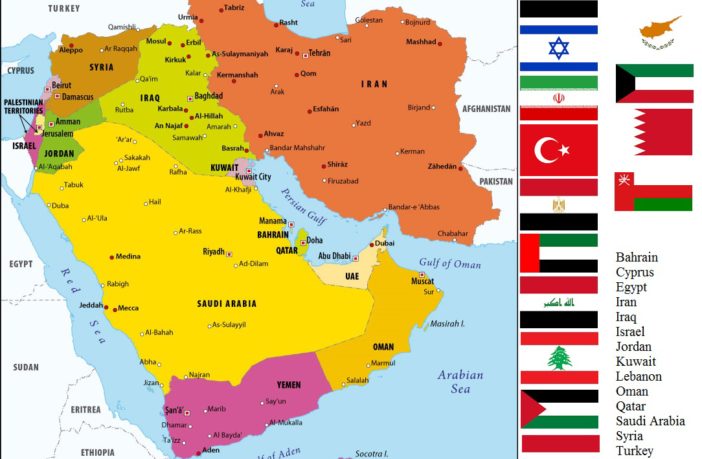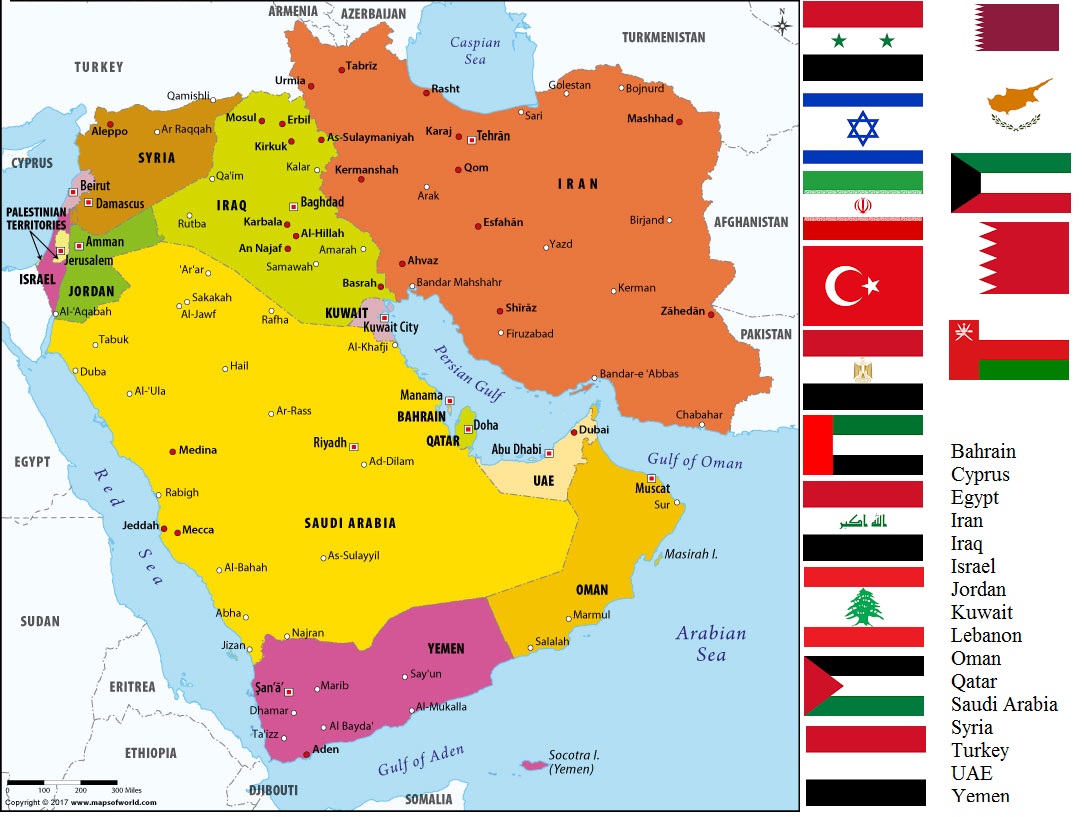American Entreprise Institute
Toward establishing inclusive and pluralistic states post-Arab Spring
The decline in oil prices in late 2014 precipitated a torrent of fiscal policy changes across the Gulf Arab states. These reforms covered sensitive issues such as labor market reform; financial sector liberalization; the introduction of consumption and land taxes; and removal or reduction of subsidies on electricity, water, and fuel. As a result, it is reasonable to expect some reconfigurations of state-society relations in the Gulf states. Yet there are few signs of public unrest or protest, even with higher costs of living and limited availability of public-sector jobs.
This muted reaction is a puzzle, at least as a short-term observation. But the shifts under way are structural, and society—both citizens and foreign residents—will likely take some time to fully absorb the impact.
At the same time, a number of global and regional political currents have strengthened authoritarian governance and diminished incentives for risk-taking in civil society. The outbreak of conflict related to the Arab Spring uprisings in Syria, Libya, Yemen, and Egypt has demonstrated the high risk of revolution and change in government. Shifts in American and European politics since 2016 have also reinforced negative perceptions of democracy and given rulers in the Gulf states (and across the Middle East and North Africa region) an opportunity to promote their own versions of nationalist growth agendas without external pressure on their methods of governance.
In effect, what we have witnessed since late 2014 is a new period of policy experimentation in which the ends of a diversified economy less reliant on oil exports justifies the means of achieving a radical break in a system of social welfare, changing employment preferences and practices, and establishing a new role for the state in prescribing an agenda for growth. The state remains central to the conception and execution of economic development, while Gulf citizens and residents are expected to either seize the opportunity, leave, or be left behind. This brief sets out some of the major structural reforms to taxes, subsidies, and debt issuance in the GCC that are shifting financial burdens from the state to its citizens and residents
Read the full piece here.
Arab spring
Gulf Cooperation Council








